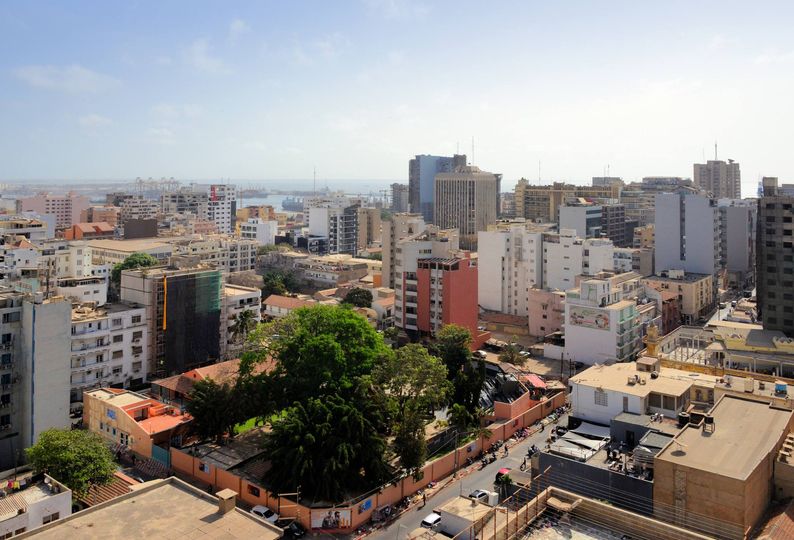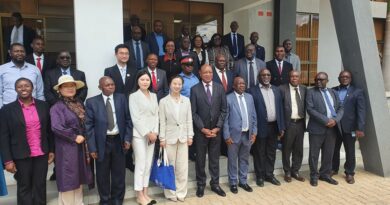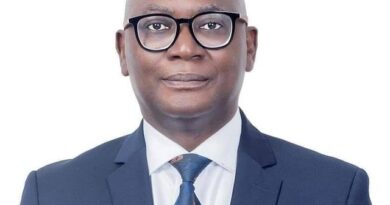IMF Concludes Successful Mission to Senegal, Highlights Economic Progress and Future Challenges
An International Monetary Fund (IMF) staff team, led by Mr. Edward Gemayel, concluded a mission to Senegal today. The visit, conducted from June 6-19, was part of the second review of the country’s economic programs under the Extended Fund Facility (EFF), Extended Credit Facility (ECF), and the Resilience and Sustainability Facility (RSF).
These programs, which collectively amount to SDR 1,375.3 million (about US$1.82 billion), were approved by the IMF Executive Board in June 2023.
Mr. Gemayel praised Senegal’s new authorities for their commitment to the IMF-supported programs, aimed at reducing debt vulnerabilities, fostering inclusive and job-rich growth, and building resilience against climate change.
The peaceful resolution of the March presidential election has positively impacted the country’s economic outlook, with projected growth rates of 7.1 percent in 2024 and 10.1 percent in 2025. Inflation is expected to fall within the BCEAO’s target range by the end of 2025, and the current account deficit is anticipated to narrow due to the onset of hydrocarbon production and fiscal consolidation efforts.
Despite political tensions and a challenging external environment, Senegal has met all performance criteria for the end of 2023. Progress has also been made on structural reforms, with three out of six benchmarks under the EFF/ECF program completed and both reform measures under the RSF on track.
Significant discussions focused on adjustments to the 2024-25 budget to address rising energy subsidies and interest payments. The government plans to propose a supplementary budget to raise the fiscal deficit to 4.5 percent of GDP, a 0.6 percentage point increase from the previous commitment. The authorities aim to enhance domestic revenue mobilization and implement an energy subsidy reform in line with their roadmap to phase out these subsidies gradually.
In a challenging financing environment, Senegal has successfully issued a new Eurobond and secured substantial regional financing. This financial leverage will be used for liability management operations to enhance the country’s debt sustainability.
The IMF team commended the progress on structural reforms, including strengthening the Office for National Anti-Corruption (OFNAC), adopting a law to protect whistleblowers, and completing measures to exit the Financial Action Task Force (FATF) grey list.
Additionally, the authorities are committed to enhancing governance in the extractive sector by disseminating information on the ultimate beneficiaries of companies, in line with the Extractive Industries Transparency Initiative (EITI) standards.
The IMF team expressed gratitude for the excellent cooperation and constructive discussions with Senegal’s authorities and other counterparts. Further discussions will continue to finalize the details of some policies before reaching a staff-level agreement.
The mission included meetings with Prime Minister Ousmane Sonko, Minister of Finance and Budget Cheikh Diba, Minister of Economy, Planning and Cooperation Abdourahmane Sarr, and other senior officials, as well as representatives from civil society and development partners.



